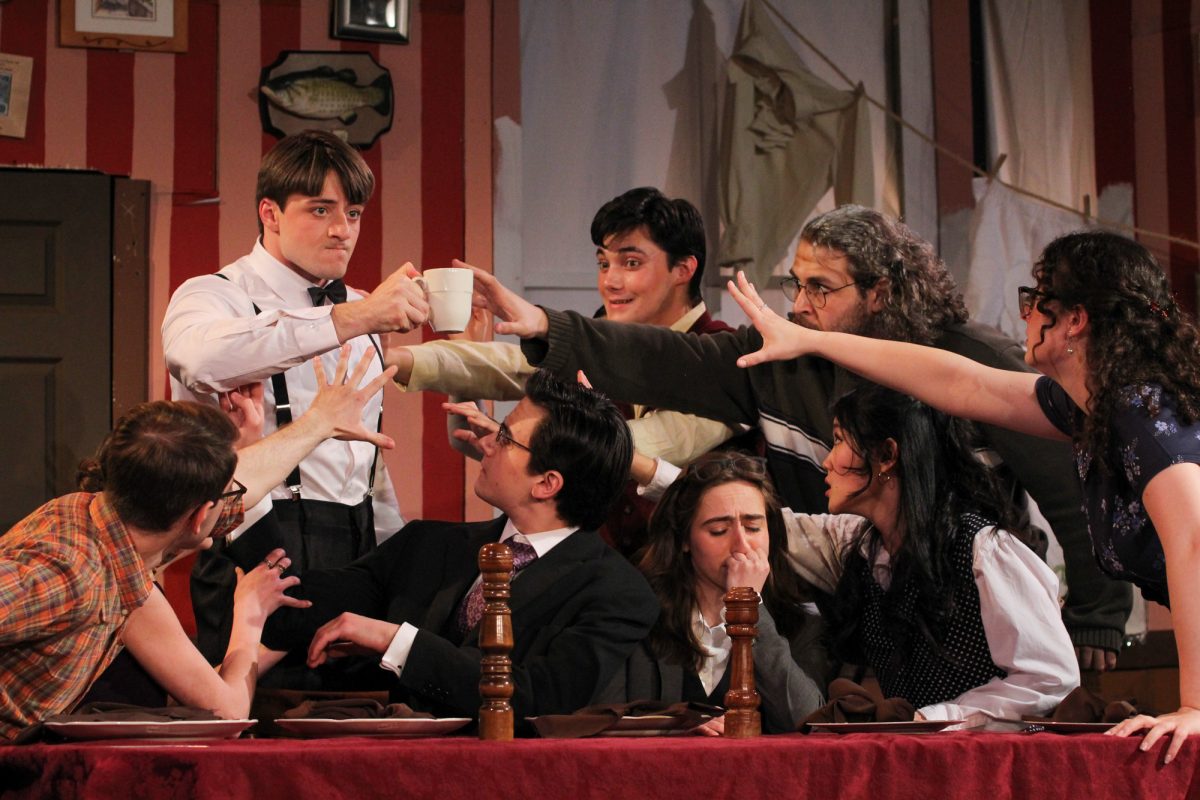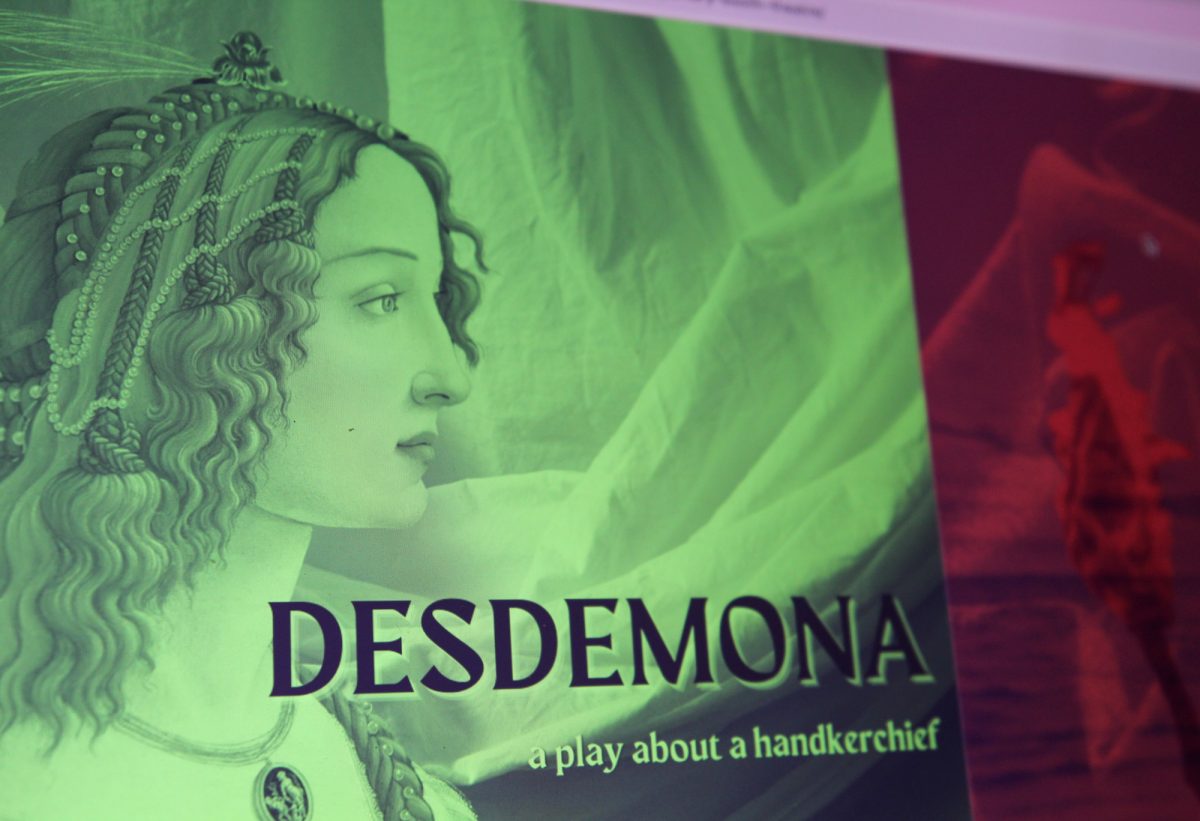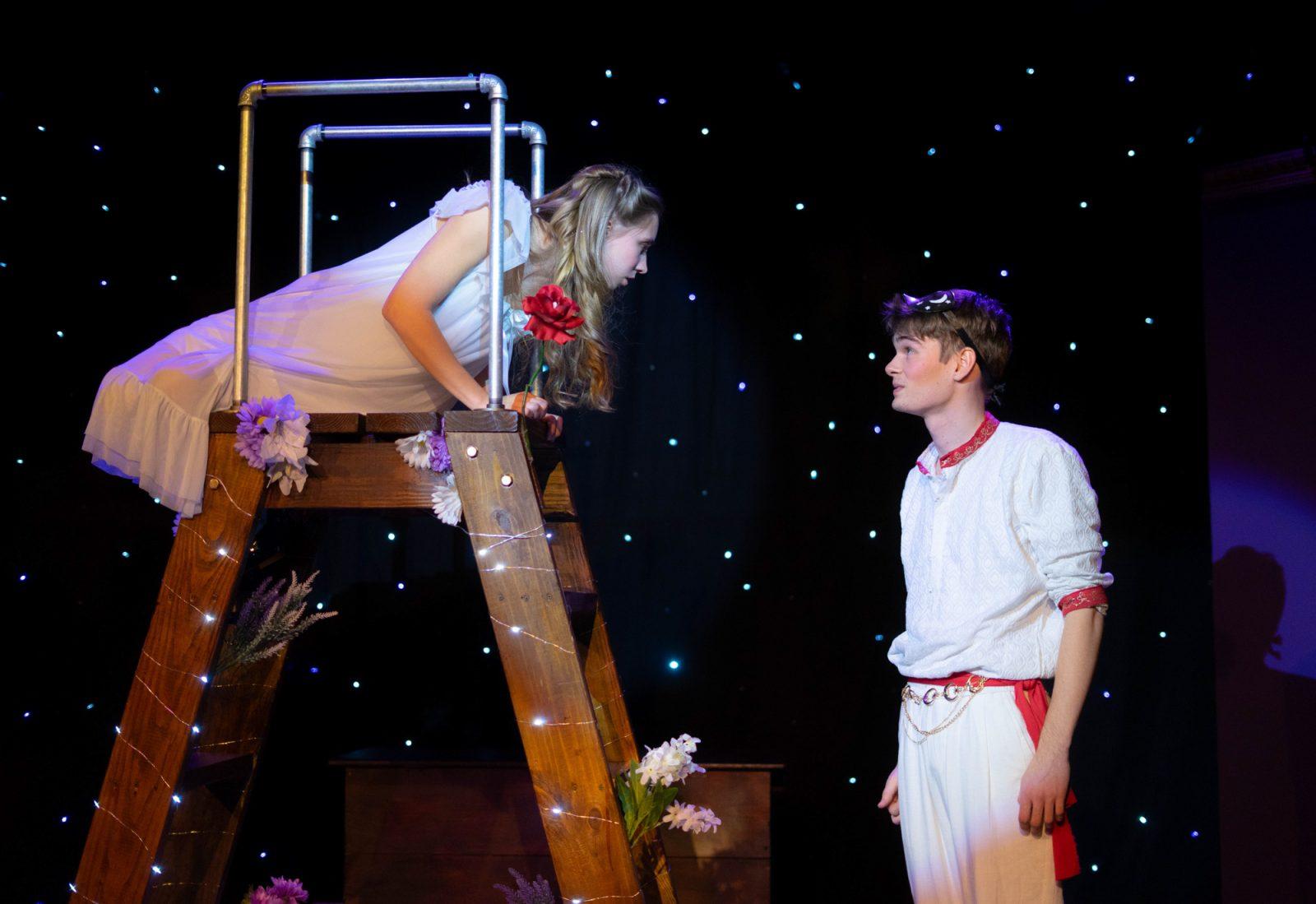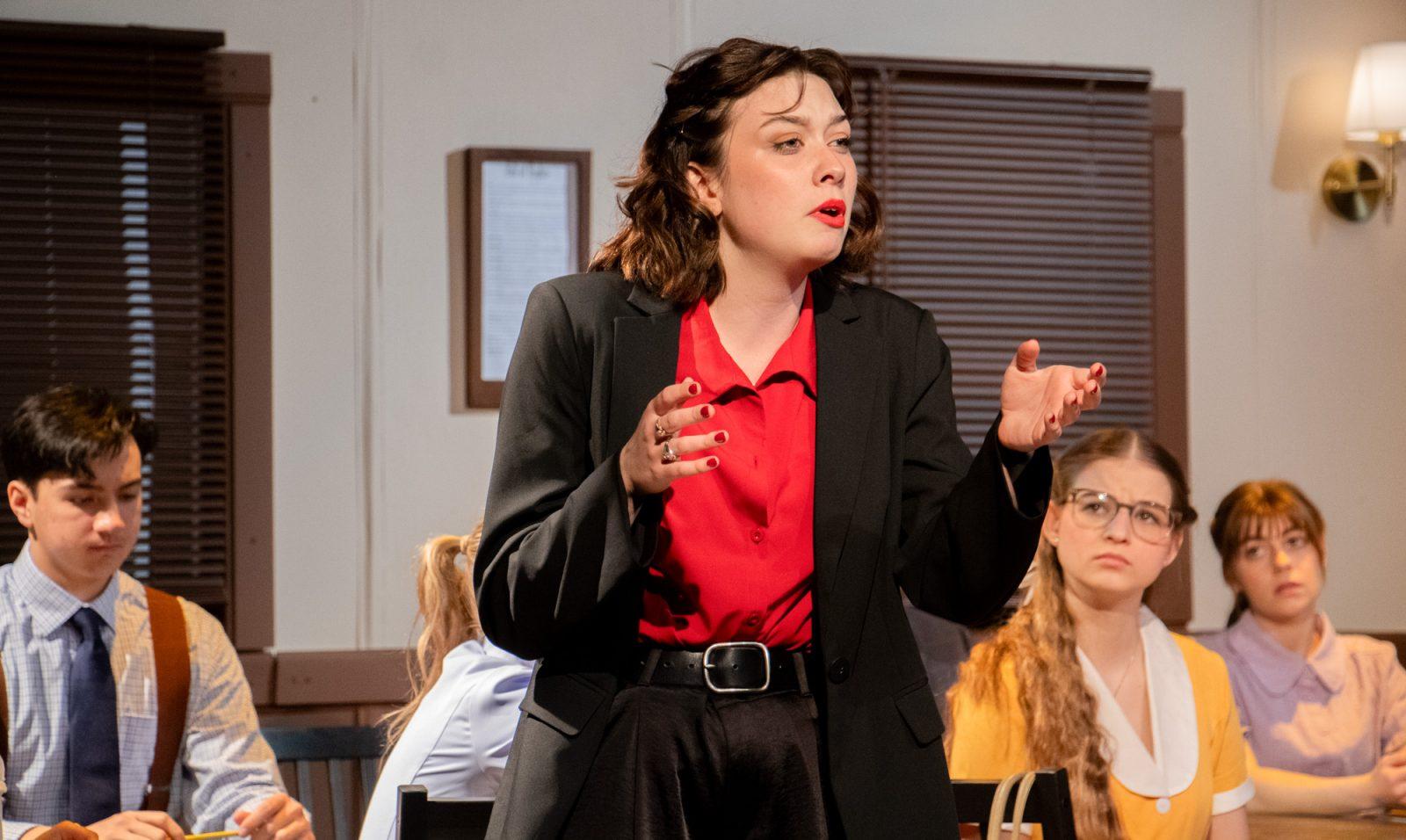SPOILERS AHEAD
Oscar-winning director Chloé Zhao’s new film “Eternals” officially came out on Nov. 5, and it immediately breaks itself apart from the traditional Marvel Cinematic Universe style and offers 10 powerful superheroes from the universe fighting against an evil force — for the first time, a Marvel Studios film erases the definite line between good and evil, and it does not end peacefully.
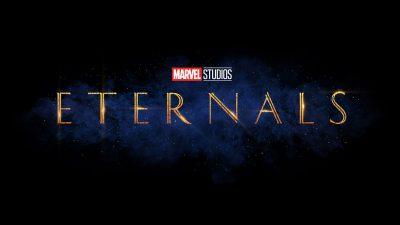
The film begins with the arrival of 10 immortal beings, called Eternals, on Earth 7,000 years ago. Their mission is to protect humanity from murderous creatures called Deviants and settle down on the planet until further instructions are given from Arishem, their ultimate creator and superior.
During the running time of 157 minutes, the film provides a mixture of each Eternal’s backstory, current mission and a new conflict that rises through recurring flashbacks. The flashbacks showed how the Eternals felt about each other and what relationships they formed.
The relationships portrayed in the flashbacks were beautiful: Ikaris and Sersi falling in love, Druig and Makkari sharing a special bond with each other, and Gilgamesh and Thena trusting and caring for each other to the end. The other Eternals, Phastos, Ajak, Sprite and Kingo also depended on each other, truly sharing a close bond as a family.
Perhaps that is why the dark and ultimate plot twist of the film was too shocking and painful. When the film revealed that it was none other than Ikrais who killed Ajak because their views on humanity differed, it was like getting hit in the face. As I watched Ikaris betraying Ajak and the rest of the Eternals, I realized that this film was going to go down in a very different direction than the previous Marvel films had.
While the parts in the film where each Eternal is living their own life and some of them are reluctant to fight for humanity again reminded me of “Avengers: Endgame,” Ikrais’s betrayal and all Eternals fighting each other made this film unpredictable.
The cliché expectation of “Eternals” coming together and standing up to Arishem for humanity was never going to happen. The major point of the film was to see how different each Eternal was and their values could never be united into one.
“Eternals” features one of the most diverse characters and cast in the history of the Marvel Cinematic Universe. Phastos is an openly gay Black man and Makkari is portrayed as a deaf character on screen and is played by Lauren Ridloff, a deaf actress. Gilgamesh is played by Don Lee, a Korean-American actor who has mainly starred in Korean films. Kumail Nanjiani, who is a Pakistani-American actor, plays Kingo. Sersi is played by British Asian actress Gemma Chan.
In the history of 13 years of MCU films, there has never been such a set of diverse characters and cast. Even if there was some representation or people of color in an MCU film, they were never a major part of the story — they were there as side characters and nothing more. However, in “Eternals,” people of color were the major part of the story. Phastos, Makkari, Sersi and Druig were the ones who went against Arishem and protected humanity from possible extinction. Ikrais, on the other hand, who matches the image of a ‘typical’ superhero, turned out to be the betrayer of the team.
The film “Eternals” ends with a partial closure, where each Eternal chooses a different path for themselves. The film teases another chaos with some Eternals facing the consequences of actions and the introduction of a new villain.
While “Eternals” did not follow Marvel’s formula of superheroes defeating one evil force together, it opened the door for a variety of characters and more realistic storytelling to the screen. Within the nearly three hours of running time, the film not only introduced a variety of characters from different backgrounds, but it also added more realism into Marvel, steering away from stereotypical happy and peaceful endings.
























































































































